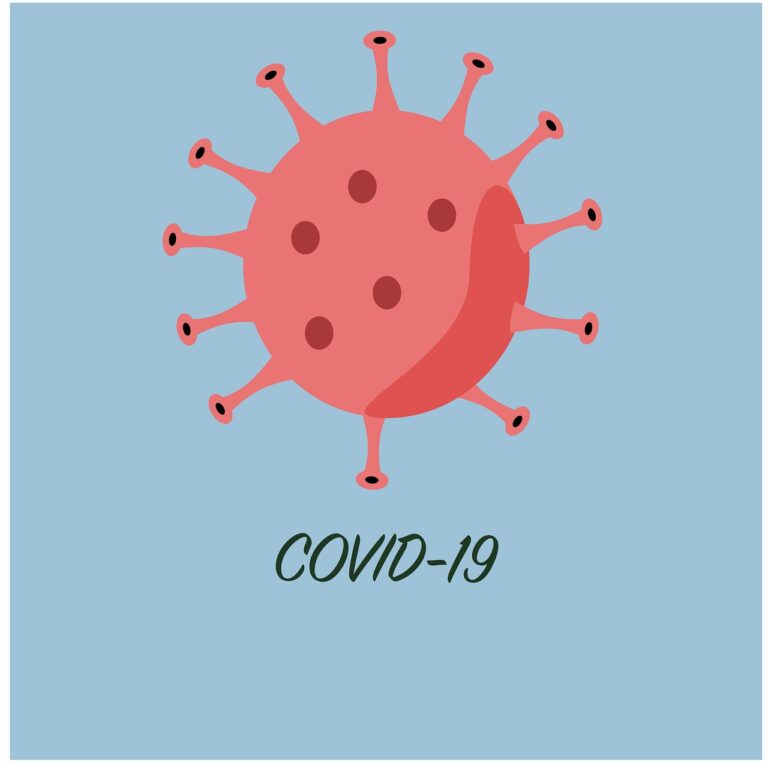The Role of Nutrition in Mental Health: The Gut-Brain Connection
Emerging research has shed light on the intricate relationship between the gut microbiome and mental health. The gut microbiome, which consists of trillions of bacteria residing in the digestive tract, plays a crucial role in regulating various physiological functions, including the production of neurotransmitters that are essential for mood regulation. Recent studies have shown that disruptions in the composition of the gut microbiome can impact mental health conditions such as depression, anxiety, and even neurodegenerative disorders.
Furthermore, the gut-brain axis, a bidirectional communication system between the gut and the brain, has been found to be heavily influenced by the gut microbiome. Through this axis, the gut microbiome can send signals to the brain that can affect mood, behavior, and cognitive function. This crosstalk between the gut and the brain highlights the importance of maintaining a healthy gut microbiome through a balanced diet rich in fiber, probiotics, and prebiotics to support overall mental well-being.
The Impact of Diet on Brain Health
An emerging field of research in the realm of neuroscience is shedding light on the profound influence that diet can have on brain health. Studies have shown that certain foods rich in antioxidants, omega-3 fatty acids, and vitamins can help protect the brain from cognitive decline and improve overall mental functioning. Conversely, diets high in processed foods, sugar, and saturated fats have been linked to an increased risk of conditions like Alzheimer’s disease and depression.
The connection between diet and brain health goes beyond just the nutrients consumed. The gut microbiome, a complex ecosystem of microorganisms in the digestive system, also plays a crucial role in cognitive function. Research suggests that a healthy gut microbiome, which can be influenced by diet, is essential for neurotransmitter production and overall brain health. By adopting a diet rich in fruits, vegetables, whole grains, and lean proteins, individuals can support both their gut health and cognitive function for optimal brain health.
How does the gut microbiome impact mental health?
The gut microbiome plays a crucial role in mental health as it influences the production of neurotransmitters like serotonin and dopamine, which are important for regulating mood and emotions.
What are some foods that are beneficial for brain health?
Foods rich in omega-3 fatty acids, antioxidants, and vitamins like fatty fish, fruits, vegetables, nuts, and seeds are beneficial for brain health.
Can a poor diet negatively impact brain health?
Yes, a poor diet high in processed foods, sugars, and unhealthy fats can lead to inflammation in the body and brain, which can impair cognitive function and increase the risk of developing neurodegenerative diseases.
How can I improve my diet for better brain health?
To improve your diet for better brain health, focus on eating a variety of nutrient-dense foods like fruits, vegetables, whole grains, lean proteins, and healthy fats while minimizing your intake of processed and sugary foods. Additionally, staying hydrated and avoiding excessive alcohol consumption can also support brain health.





